What is a Community Housing Provider?

ŌCHT is the largest non-government
social housing provider in the South Island

ŌCHT is a community housing provider - a ‘CHP’
-
Click here to see what the Housing Continuum looks like
Community housing is at the opposite end of the housing continuum to home ownership.
Community housing is housing specifically provided to ensure very low income and disadvantaged people have access to an appropriate, secure and affordable rental home. The people who live there don’t pay market rent so living there should be more affordable than in the open rental market.
Community housing rents are often subsidised by central government. The government tops-up the rent paid by the tenant to bring what’s paid to the community housing provider up to the level of market rent. The government’s Income Related Rent Subsidy and the Accommodation Supplement are examples of this.
-
A Community Housing Provider (CHP) provides community housing to those most in need – but there’s more to it than that.
CHPs are typically not-for-profit groups that focus on a particular region and that reinvest their surpluses in more community housing. They are registered with the Community Housing Regulatory Authority, which is part of the Ministry for Housing and Urban Development.
CHPs must meet performance standards and guidelines to stay registered. You can read more about the eligibility criteria here. You can read more about the standards here.
-
Community housing providers and private landlords are covered by many of the same laws and regulations, but they operate in different ways.
A private landlord chooses tenants based on their own preference; enters into a Tenancy Agreement with their tenants; lodges the bond with Tenancy Services; collects the rent; maintains the property, and applies to the Tenancy Tribunal as necessary to settle disputes. This relationship is one based on the exchange of the use of a house for the payment of rent.
A community landlord does all this but with more focus on helping their tenant get better outcomes. Community landlords help tenants feel settled in their home and more connected with their community, providing stable housing for as long as the need is there.
-
These are among the key characteristics of a good social landlord:
they provide a warm, safe and dry home. ŌCHT owned and managed properties met or exceeded standards before the end of 2021;
they allocate housing based on need, often through the Ministry of Social Development’s Social Housing Register;
they provide security of tenure or housing for the duration of a tenant’s need. ŌCHT’s specialist teams help tenants maintain sustainable tenancies;
they help tenants find and access social support services. They help tenants engage with the services – but they don’t deliver the services, and they can’t make tenants use them. ŌCHT’s advisors help tenants access support, with consent;
they provide pathways to housing independence where appropriate;
they provide early intervention around rent arrears or other issues, to enable tenants to successfully manage their tenancy. ŌCHT’S Income Advisor provides early help and guidance;
they provide information so tenants know their rights and obligations and are prepared, if and when, they enter the private rental market. ŌCHT’s advisors help tenants prepare for their move when their needs change;
they provide information to tenants about maintaining a healthy home. ŌCHT’s advisors and publications provide focused advice and ŌCHT facilitates access to other social support services;
they regularly inspect properties and, if tenants are not meeting their obligations, give them an explanation of the issue and what they can do to fix it. ŌCHT’s handypeople visit homes at least once a year to ensure the home is warm, dry and secure. Advisors help tenants make their house their home, and have a successful tenancy;
they are receptive to complaints and committed to investigating them, following a well-documented process. ŌCHT publicises and sticks to a complaints process;
they apply to the Tenancy Tribunal only as a last resort to settle disputes;
they provide responsive and adequate property maintenance. ŌCHT has a 24/7 contact service and responds in a timely way to property concerns;
they provide opportunities for tenant involvement;
and they provide easy methods of communication with tenants. ŌCHT regularly contacts tenants by letter, email and SMS, and regularly publishes a tenant-focused newsletter. ŌCHT’s website and Facebook page is actively promoted and is home to many resources, including news and updates and ways to contact ŌCHT.
-
CHPs do more than most landlords when they can, but are still bound by many of the same laws and regulations as private landlords. That means they have the same rights and responsibilities as anyone else offering rental housing.
-
The regulations governing ŌCHT don’t allow us to offer social services. We offer community housing.
We can help people find the help or services they might need, but we can’t make people access or use them. We also need their consent to help them get the help they might need. ŌCHT can’t assume responsibility for individual tenants, just like any other landlord.
-
ŌCHT builds new homes and is governed by the same rules and regulations as any other developer. All its developments must, and do, meet the requirements of the Christchurch District Plan.
The council is in charge of how the district plan is developed, interpreted and applied.
We’ve been a registered Community Housing Provider (CHP) since 2016. Let’s unpack what that means.

